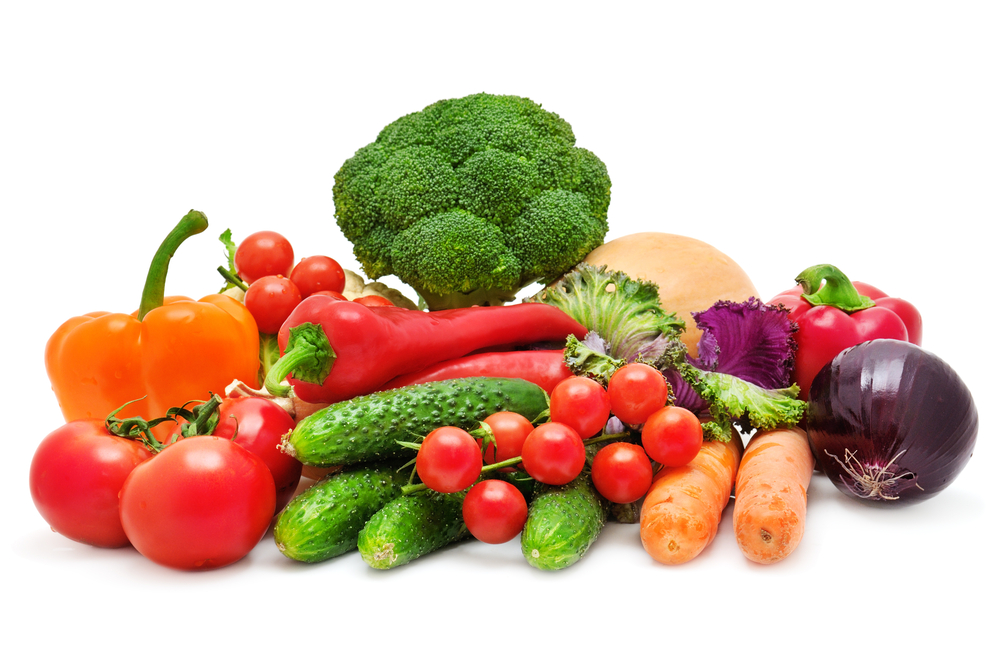
By George Munene
According to African Union officials the 55 member state body is currently developing guidelines for the use of genetically modified (GM) crops across the continent.
This is meant at harmonising Africa's GMO regulations.
Only seven African countries have commercialised GM production. Kenya, South Africa and Nigeria are the foremost countries in adopting genome editing mainly in Bt cotton cultivation-- a genetically modified pest resistant cotton variety.
Related News:Genetically modified Bt cotton pilot farmers report increased yields & profits
Related News: Kenya approves cultivation of world’s first disease-resistant GM cassava
"The food, feed and environmental safety controversy surrounding genetic engineering technology makes continental guidelines extremely significant," read part of the AU draft report.
Peace Mutuwa, an AU Knowledge Manager, explained that the developed guidelines will also protect consumers from unwitting consumption of genetically modified products.
GM backers argue that improved crops hold great potential in boosting the continent's food security and increasing farmer incomes.
Related News:Kenya looking to commercialise GMO maize; doubling production
However, Africa's march toward the authorisation of GMOs has come under criticism from campaigners who argue that modified crops are a debt trap to farmers that will have them buying unaffordable seeds and agricultural inputs.
The guidelines are expected to be finalised and sent to an October AU summit for possible adoption.
Write comment (0 Comments)
















